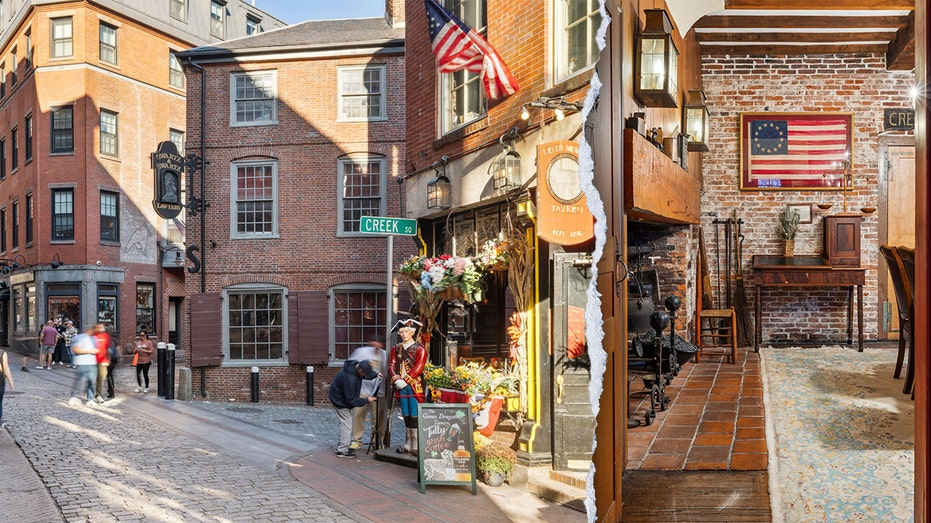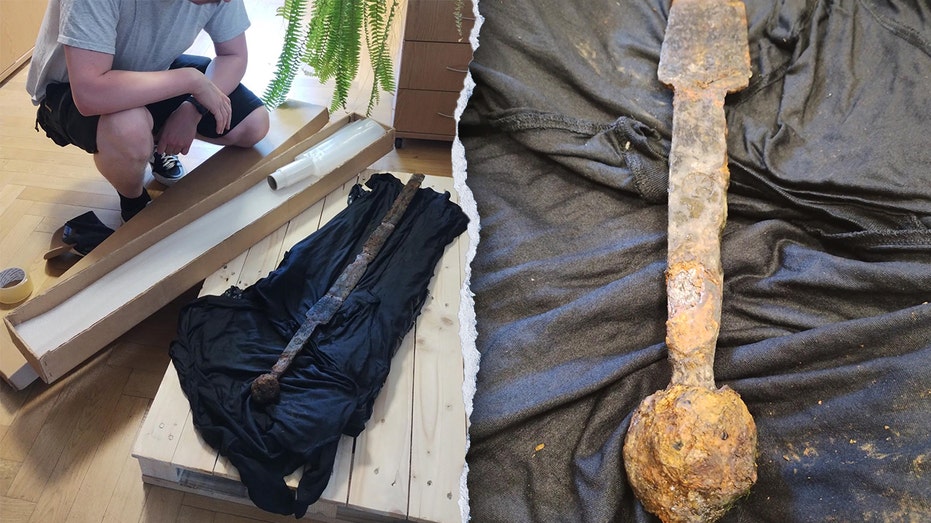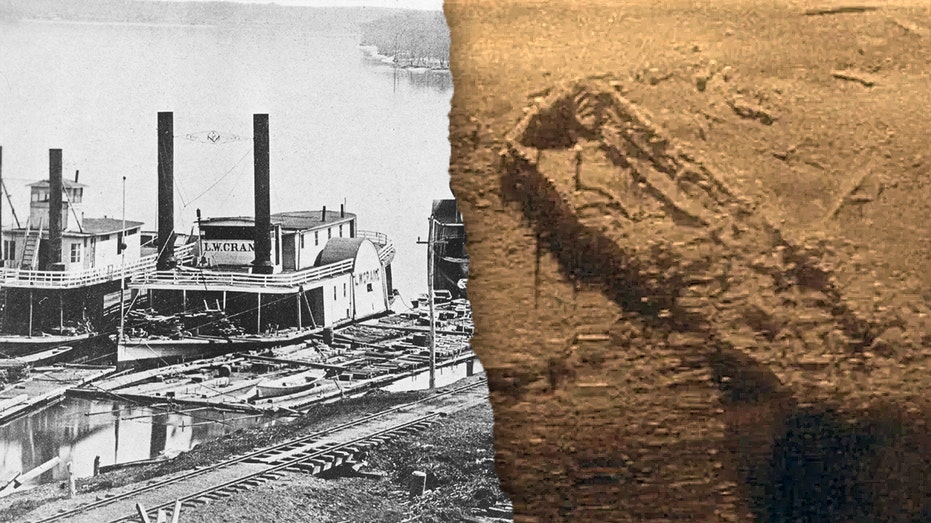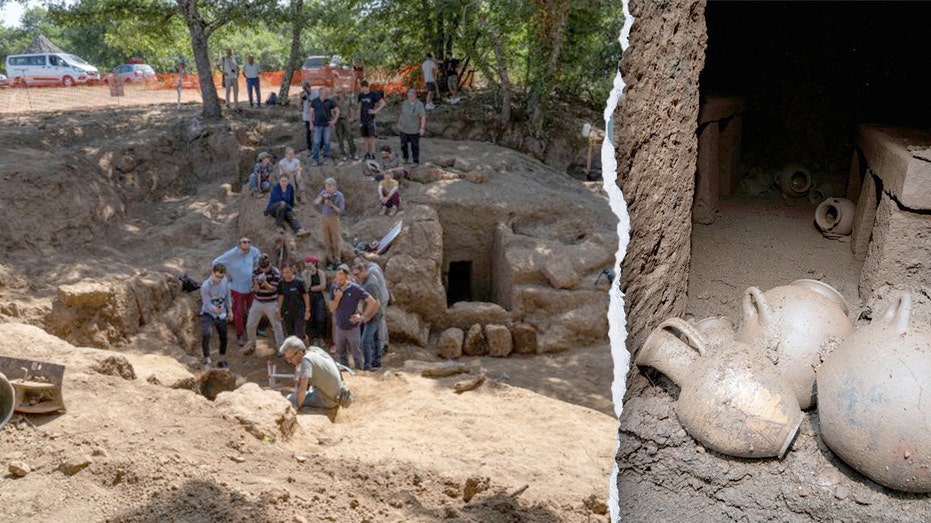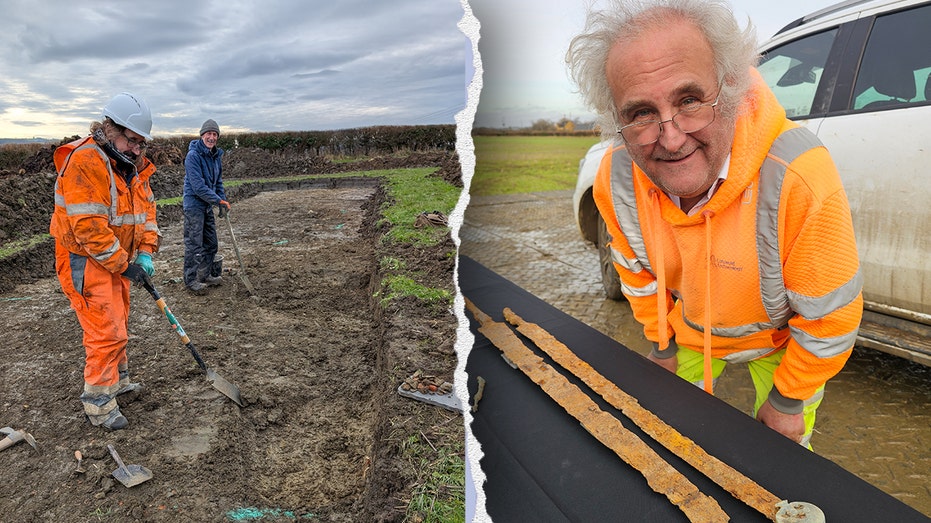Ebenezer Hancock House: Unveiling the Hidden History Behind Boston's Revolutionary Landmark

Sarah Johnson
August 12, 2025
Brief
Analysis of the Ebenezer Hancock House sale in Boston, exploring its historical significance, preservation challenges, and the importance of untold stories.
Boston's Ebenezer Hancock House: More Than Just Bricks and Mortar
Opening Analysis: The sale of the Ebenezer Hancock House presents a rare opportunity to own a tangible piece of American history. But beyond the real estate transaction, this property and its hidden story reflect Boston's pivotal role in the Revolutionary War and the challenges of preserving historical integrity within a modern urban landscape.
The Bigger Picture: From Revolution to Real Estate
The Ebenezer Hancock House, built in 1767, stands as a silent witness to Boston's transformation. To fully appreciate its significance, we must remember Boston in the late 18th century: a hotbed of revolutionary fervor, a bustling port city, and the stage for events that would shape the destiny of a new nation. John Hancock, a prominent merchant and leading figure in the revolution, looms large in this narrative. His decision to entrust his brother Ebenezer with the crucial role of deputy paymaster of the Continental Army highlights the family's deep commitment to the revolutionary cause.
The fact that this house served as a temporary vault for French-loaned silver, meant to pay the Continental Army, underscores the fragility and resourcefulness of the American Revolution. The revolution was not only a war, it was a logistical gauntlet. Securing funds, distributing supplies, and maintaining morale were all critical challenges. The Ebenezer Hancock House played a small but crucial role in this theatre of war.
What This Really Means: History, Preservation, and Value
The sale of this property raises several important questions. First, how do we balance the economic interests of property owners with the public's interest in preserving historical landmarks? Second, how do we ensure that the stories of these sites are not lost or diluted as they transition between owners? The fact that the asking price is a closely guarded secret adds another layer of complexity. It suggests that the property's historical value is difficult to quantify in purely monetary terms. The new owner will not only acquire a building, but a responsibility towards its legacy.
The fact that the house has been owned by a law firm for the past 50 years suggests that its historical narrative has been undersold. While preserving the structure has been maintained over the years, the story has not. This is a common challenge for historical sites integrated into modern business. Profit and preservation can be challenging to balance.
Expert Perspectives
Dr. Robert Allison, Professor of History at Suffolk University: "Sites like the Ebenezer Hancock House are invaluable because they provide a tangible connection to the past. They remind us that history is not just something we read about in books, but something that happened in real places, inhabited by real people. Preserving these sites is essential for understanding our national identity."
Anthea Hartig, the Executive Director of the National Trust for Historic Preservation: "Historic buildings are like time capsules that contain details about the past. The Ebenezer Hancock House contains a treasure trove of information that can still be unveiled to this day. We need to ensure that these buildings are protected."
Data & Evidence
- According to the National Park Service, the Freedom Trail attracts over 4 million visitors annually, demonstrating the enduring appeal of Boston's historical sites.
- A 2023 study by the National Trust for Historic Preservation found that historic districts generate significantly more economic activity than non-historic areas, because people seek out historic places to connect with the past.
- The listing specifies that the property may have the best untold story for a historical site in downtown Boston, suggesting that there are undocumented details about its past that could significantly enhance its value and appeal.
Looking Ahead: The Future of History
The future of the Ebenezer Hancock House hinges on the vision of its next owner. Will they embrace its historical significance and share its story with the public, or will it remain a silent relic hidden behind closed doors? The answer to this question will have implications for how Boston preserves and presents its history in the years to come. Furthermore, the sale serves as a reminder that preservation efforts require ongoing investment and a commitment to historical accuracy.
The Bottom Line
The sale of the Ebenezer Hancock House is more than just a real estate transaction. It's a moment to reflect on the importance of preserving our nation's history, the challenges of balancing economic development with cultural heritage, and the power of untold stories to connect us with the past. The future of this landmark depends on finding an owner who understands its value and is committed to sharing its legacy with the world.
Topics
Editor's Comments
The Ebenezer Hancock House offers a compelling case study in the challenges of preserving historical sites in rapidly developing urban environments. While the real estate listing focuses on commercial potential, it's crucial not to overlook the profound historical value embedded within those walls. The question is: how can we ensure that the next chapter in this building's story honors its past while also allowing it to thrive in the present? Perhaps a public-private partnership could offer a viable solution, balancing preservation with sustainable economic use. The city of Boston could possibly step in to help!
Like this article? Share it with your friends!
If you find this article interesting, feel free to share it with your friends!
Thank you for your support! Sharing is the greatest encouragement for us.
